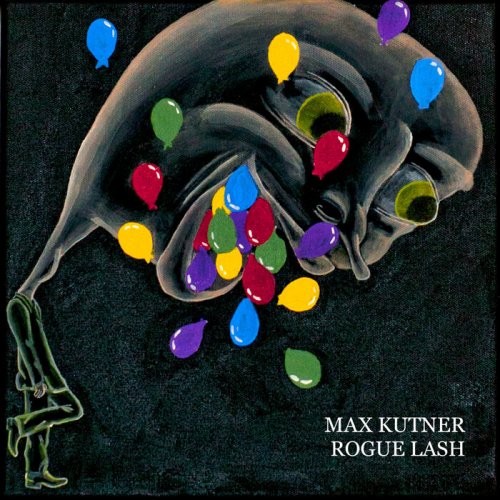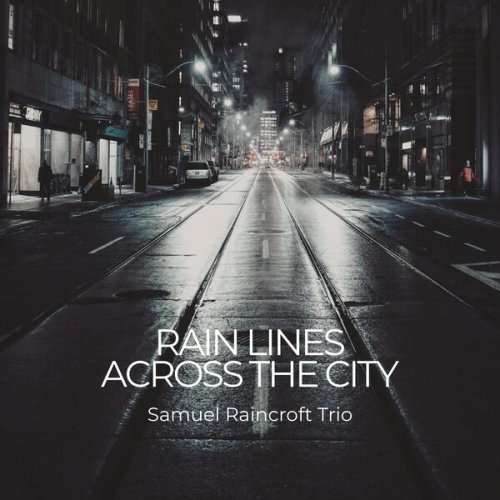Wilhelm Furtwangler & Vienna Philharmonic Orchestra - Beethoven: Fidelio (1992)
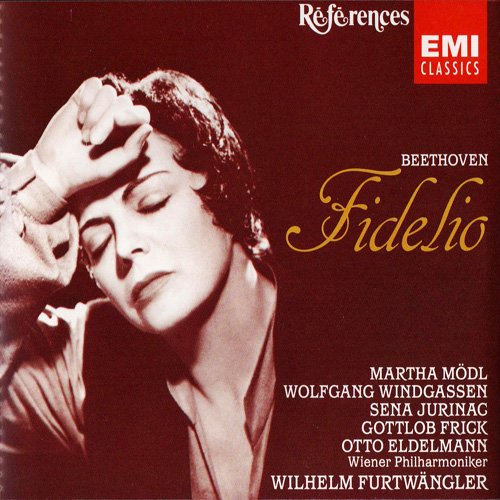
Artist: Wilhelm Furtwangler, Vienna Philharmonic
Title: Beethoven: Fidelio
Year Of Release: 1992
Label: EMI Classics
Genre: Classical
Quality: FLAC (image + .cue, log, artwork)
Total Time: 02:13:16
Total Size: 351 MB
WebSite: Album Preview
Tracklist:Title: Beethoven: Fidelio
Year Of Release: 1992
Label: EMI Classics
Genre: Classical
Quality: FLAC (image + .cue, log, artwork)
Total Time: 02:13:16
Total Size: 351 MB
WebSite: Album Preview
Disc 1:
01. Ouverture 'Fidelio'
02. 1. Duett 'Jetzt, Schatzchen, Jetzt Sind Wir Allein'
03. 2. Arie 'O War' Ich Schon Mit Dir Vereint'
04. 3. Quartett 'Mir Ist So Wunderbar'
05. 4. Arie 'Hat Man Nicht Auch Gold Beineben'
06. 5. Terzett 'Gut, Sohnchen, Gut, Hab' Immer Mut'
07. 6. Marsch
08. 7. Arie Mit Chor 'Ha! Welch' Ein Augenblick!'
09. 8. Duett 'Jetzt, Alter, Jetzt Hat Es Eile!'
10. 9. Rezitativ & Arie 'Abscheulicher! Wo Eilst Du Hin?'
11. 10. Finale 'O Welche Lust!'
12. 'Nun Sprecht, Wie Ging's?'
13. 'Ach! Vater, Eilt!'
Disc 2:
01. 11. Introduktion
02. & Arie 'Gott! Welch' Dunkel Hier!'
03. 12. Melodram 'Wie Kalt Ist Es In Diesem Unterirdischen Gewolbe!'
04. & Duett 'Nur Hurtig Fort, Nur Frisch Gegraben'
05. 13. Terzett 'Euch Werde Lohn In Bessern Welten'
06. 14. Quartett 'Er Sterbe! Doch Er Soll Erst Wissen'
07. 7. (Dialogue) 'Vater Rocco! Veter Rocco!'/'Es Schlagt Der Rache Stunde!'
08. 15. Duett 'O Namenlose Freude!'
09. Ouverture 'Leonore Nr. 3'
10. 16. Finale 'Heil Sei Dem Tag'
11. 'Des Besten Konigs Wink Und Wille'
12. 'Du Schlossest Auf Des Edlen Grab'
13. 'Wer Ein Holdes Weib Errungen'
Recorded in Vienna in 1953, while Furtwängler was conducting a new production with this cast at the Theater an der Wien, this performance is suffused with a glorious sense of unity and rapport between the singers which adds an extra dimension to the ensemble singing. Overall, this version may lack something of the magnitude of the brilliant Klemperer set with Christa Ludwig and Jon Vickers, but it is an outstanding recording nonetheless and is marked by a sublime translucence and spiritual quality.
Almost all the dialogue has been cut (only the Melodram as Leonore and Rocco descend to the dungeon at the start of the second act and Jaquino’s ‘Vater Rocco!’ remain) but it does include the overture Leonore No. 3, as was customary in Vienna at the time, between the two scenes of Act II. Whatever the arguments against this insertion – that it fits neither dramatically nor harmonically – the Vienna Philharmonic gives a performance (as it does throughout) of such majesty, impeccably balanced and finely detailed, that it is hard to resist.
As far as individual performances are concerned, each member of the cast excels. There is an intensity about Martha Mödl’s style, particularly the way she accentuates the text, that is not to all tastes, but given the impassioned and ecstatic nature of Leonore’s role, it is hardly a fault. -- Claire Wrathall, BBC Music Magazine
Almost all the dialogue has been cut (only the Melodram as Leonore and Rocco descend to the dungeon at the start of the second act and Jaquino’s ‘Vater Rocco!’ remain) but it does include the overture Leonore No. 3, as was customary in Vienna at the time, between the two scenes of Act II. Whatever the arguments against this insertion – that it fits neither dramatically nor harmonically – the Vienna Philharmonic gives a performance (as it does throughout) of such majesty, impeccably balanced and finely detailed, that it is hard to resist.
As far as individual performances are concerned, each member of the cast excels. There is an intensity about Martha Mödl’s style, particularly the way she accentuates the text, that is not to all tastes, but given the impassioned and ecstatic nature of Leonore’s role, it is hardly a fault. -- Claire Wrathall, BBC Music Magazine
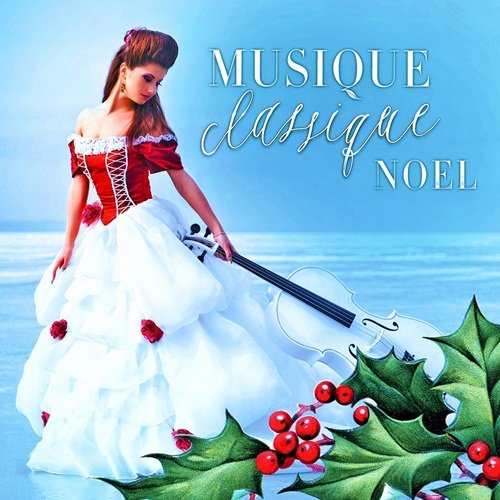
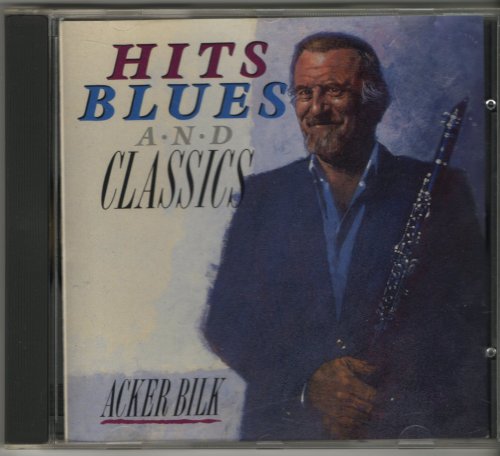
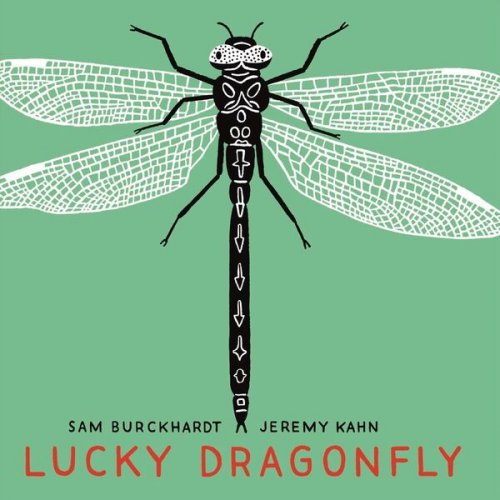
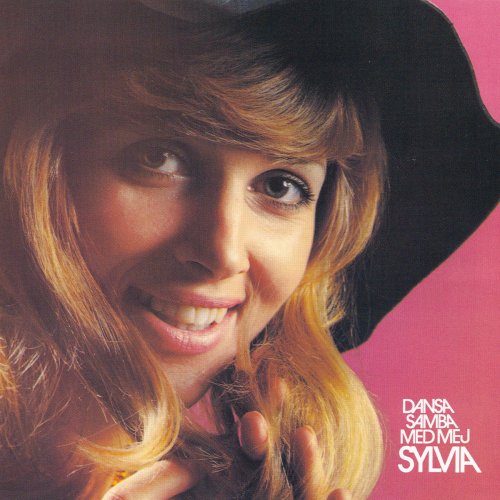
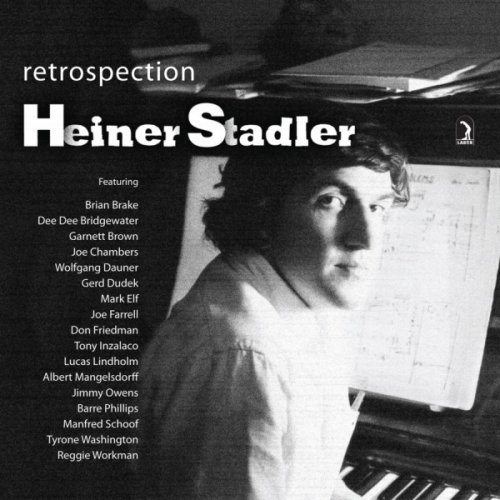
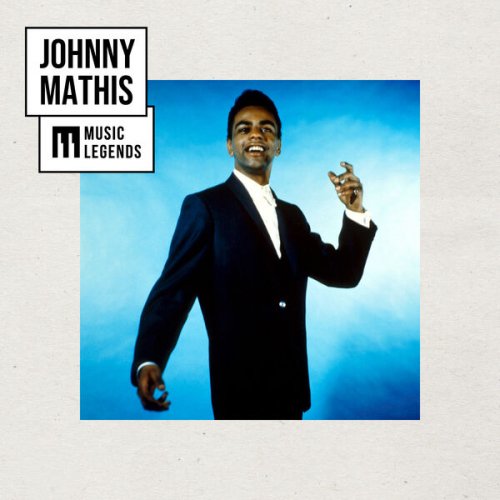
![Alexander Wienand - Strangers (2026) [Hi-Res] Alexander Wienand - Strangers (2026) [Hi-Res]](https://www.dibpic.com/uploads/posts/2026-02/1772172636_cover.jpg)
